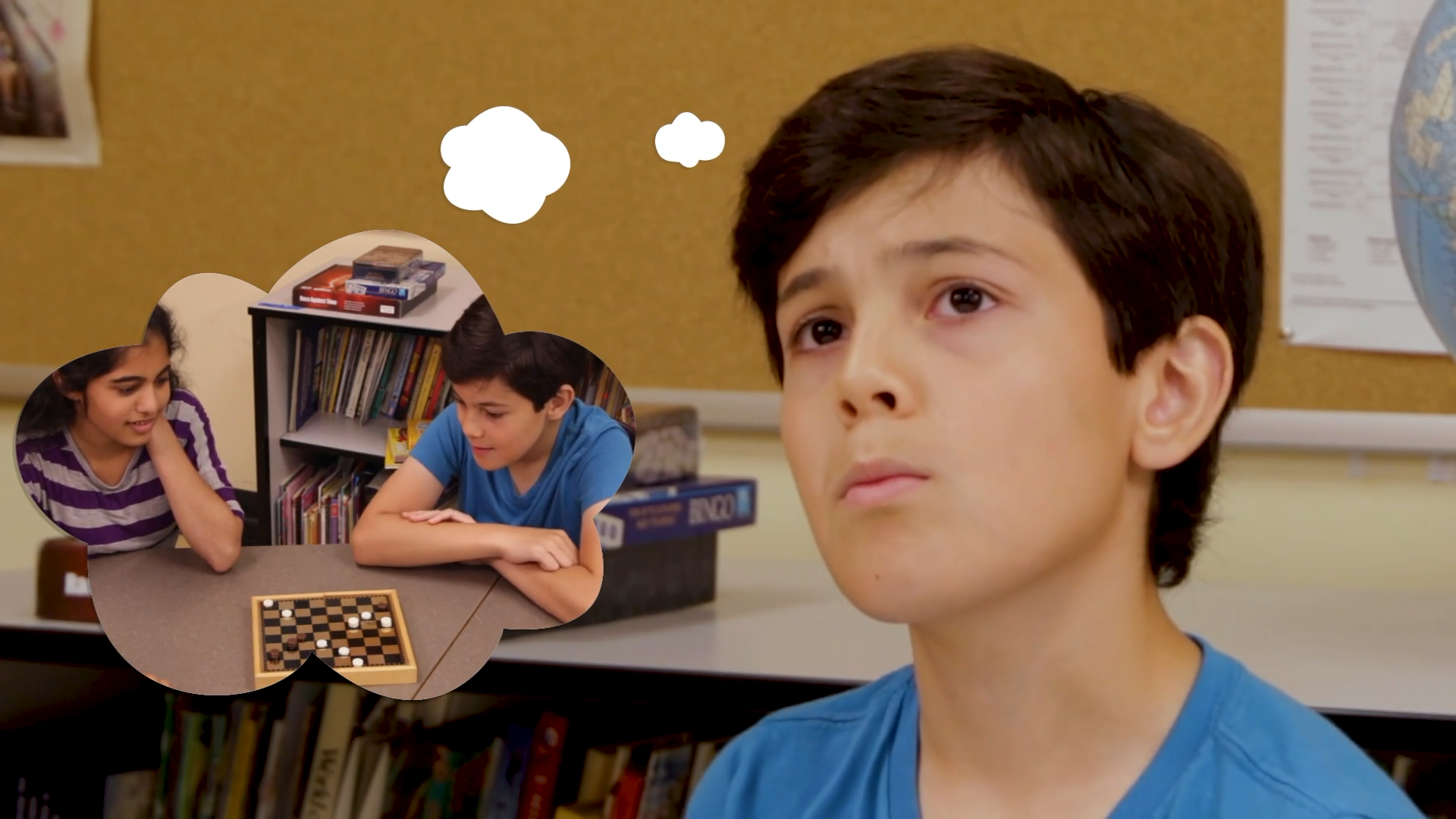
Introduction
In the world of PreK education, it’s crucial to teach students the importance of having an Open Mind. An Open Mind allows children to adapt to change and embrace new ideas, which leads to better relationships with peers and a healthier learning environment. This blog post will explore a no-prep activity designed to help PreK students understand the difference between a Closed Mind and an Open Mind, followed by discussion questions, related skills, and next steps to continue fostering this essential skill.
No-Prep Activity: The Open Mind Balloon Game
The Open Mind Balloon Game is a simple, engaging activity that requires no preparation or materials. Here’s how it works:
- Have your students sit in a circle.
- Explain the concept of an Open Mind and a Closed Mind to the students.
- Tell the students to imagine that they are holding a balloon. This balloon represents their Open Mind.
- As the educator, start by sharing an idea or suggestion for an activity. Pass the imaginary balloon to the student sitting next to you.
- The student should either accept the idea with an Open Mind (e.g., “Okay, I’ll try that.”) or reject it with a Closed Mind (e.g., “I don’t want to do that.”).
- Continue passing the imaginary balloon around the circle, with each student responding to the idea with an Open or Closed Mind statement.
- After everyone has had a turn, discuss the difference in feelings when using an Open Mind versus a Closed Mind.
Discussion Questions
- How did it feel to use an Open Mind when responding to the activity idea? How about a Closed Mind?
- Why is it important to have an Open Mind when playing with friends or learning new things at school?
- Can you think of a time when you had a Closed Mind? How did it affect your feelings and interactions with others?
- What are some calming strategies you can use when you feel your mind closing off to new ideas?
- How can practicing having an Open Mind help you in your everyday life?
Related Skills
In addition to Open Minds, there are several other skills that contribute to a child’s social-emotional development. Some of these skills include:
- Active listening: Encouraging students to pay attention and respond thoughtfully to others.
- Empathy: Teaching children to understand and share the feelings of others.
- Problem-solving: Helping students develop strategies to resolve conflicts and find solutions.
- Self-regulation: Guiding children to manage their emotions and behaviors in a healthy way.
- Cooperation: Fostering the ability to work together and collaborate with others.
Next Steps
Are you interested in exploring more activities and resources to help your PreK students develop Open Minds and other essential social-emotional skills? Sign up for free samples of skill-building materials at Everyday Speech. These resources will provide you with valuable tools to support your students’ growth and create a positive learning environment.










